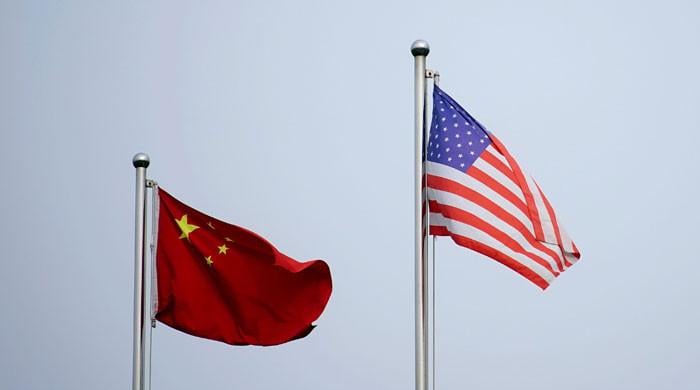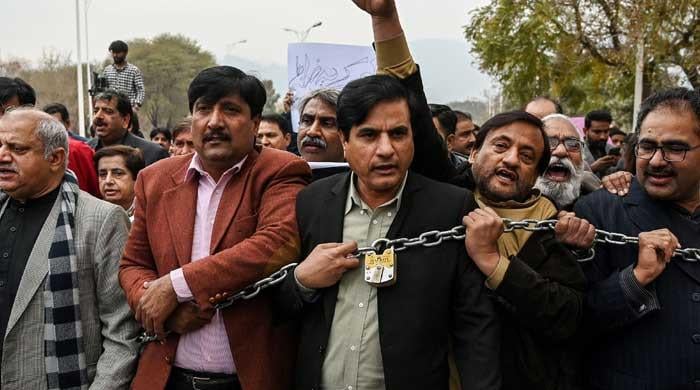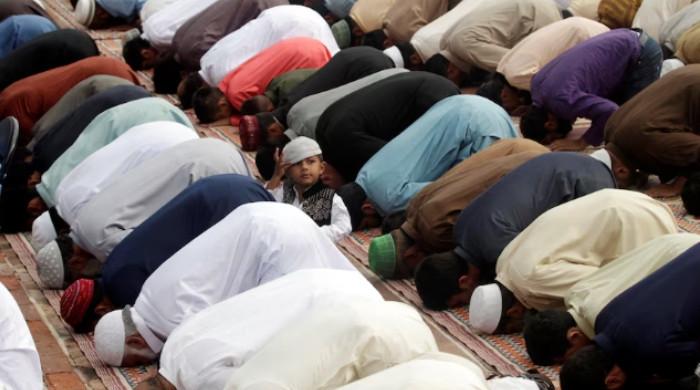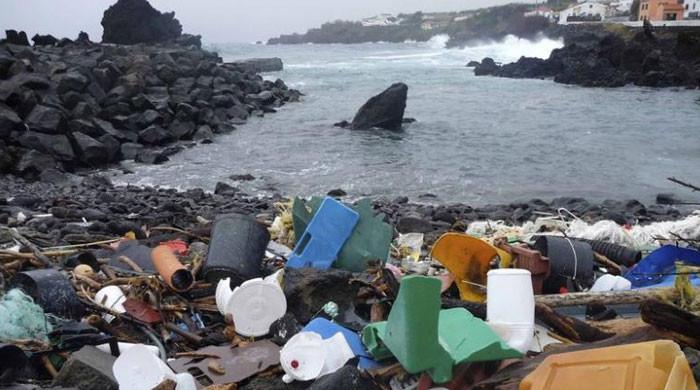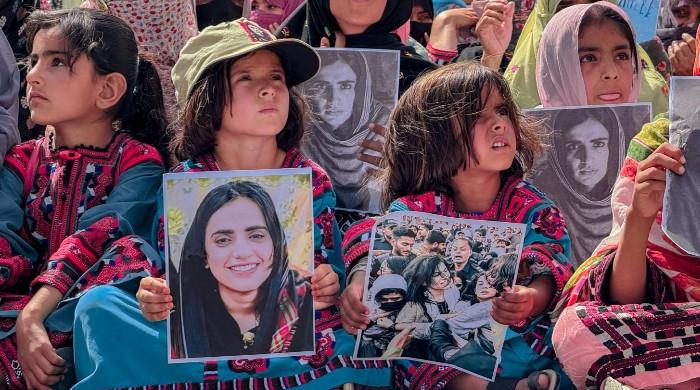Crisis upon crisis: How to get out of the IMF loop
The barely-alive country might not remain even that for much longer if something doesn’t change, writes Shahrukh Wani
June 09, 2022
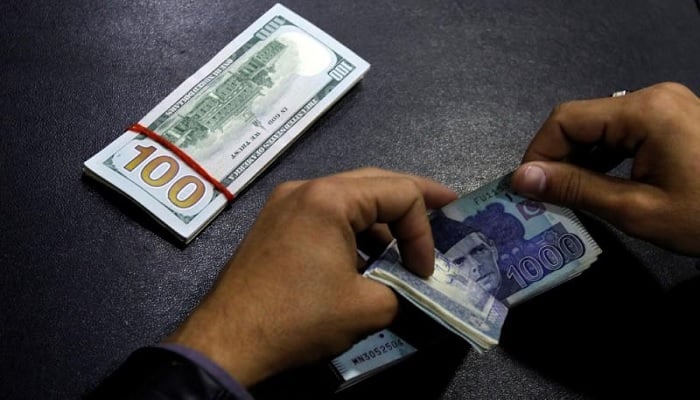
Pakistan will survive this crisis. The government is slowing down the economy; it has almost entirely reversed the disastrous fuel subsidies and started negotiations to resume the IMF programme. If it’s lucky, some friendly countries might even loan us a few billions to shore up our dollar reserves. Crises averted – for the 22nd-odd time.
As always, the cost of averting this crisis will be paid by ordinary people. The increase in the cost of living will harm the poorest the most and so will the slowdown in economic growth and a decline in public investments. Pakistan’s public safety net, even if expanded, can’t compensate for the kind of inflation we are about to witness.
And this won’t be the last time if our leaders don’t undertake reforms today. The fundamental problem of Pakistan’s economy is that it can’t sustain the kind of growth it generates. Whenever growth picks up beyond four percent, our dollar reserves fail to cover the increased import costs, forcing Pakistan into a crisis that requires the IMF to provide support. When this support comes, we slow down our economy only to repeat the cycle again in three years or so.
The nature of economic growth is such that it doesn’t produce enough exports. Instead of building productive capacity, our growth is driven, mainly, by higher consumption, such as buying more plots (which you can’t export, alas) and expanding other non-tradable sectors. This kind of growth is actively encouraged by our economic system, through the tax system, real-estate amnesty schemes, imported fuel-based energy and transport sectors, and the overvaluation of our currency until 2018.
It is a tragedy of our own making. We have so far gotten away with it because the IMF and a range of “friendly countries” continue to provide us with support through loans and grants whenever we get into a crisis. This allows our leaders – elected and otherwise – to ignore reforms while keeping the lights on in an unsustainable and unfair economic system.
This can’t go on anymore. Even the friendliest of countries have shown more reluctance this time to bail us out. Maybe it is the US departure from Afghanistan or because the global economy isn’t doing well. Or perhaps, they’re just tired of us asking for loans every few years.
This needs to change not just because foreign taps are drying up, but also because this system hasn’t delivered prosperity for most people. A quarter of Pakistanis live below the national poverty line. Over 20 million people live without water. Four out of 10 children under the age of five are stunted. The system benefits a small elite but keeps most Pakistanis barely alive.
For this to change, Pakistan’s leaders need to undertake reforms that fundamentally reshape how the economy is structured. It doesn’t mean doing everything at once (the opposition that would create can’t be managed) or undertaking actions haphazardly. Instead, through a range of coherent steps targeted at moving towards an economy that isn’t perpetually in crisis.
There are three places that we can start with. First, build an effective system of regular taxation of urban land and properties. Currently, our tax system encourages investment into real estate which is a non-tradable sector. This sucks up capital from otherwise productive uses that could build export capacity. It is also deeply unfair that rich people buy land to store wealth, which pushes up the cost for people who want to own a house.
Second, reduce subsidies and protections for industries that have failed to export. At present, the government provides several protections for industries that produce (often merely assembling) products for the domestic market, rather than attempting to compete globally. Because they have captured the domestic market, there is little incentive for them to expand export capacity. This incentive structure must be changed, even if gradually so.
Third, decentralise greater power to local communities. The current system of providing public services is heavily centralised in provincial capitals. This is ineffective for a country of this size. Establishing district and sub-district level governments that can provide crucial public services, such as sanitation, transport, and basic schooling can strengthen both democracy and economic development by making government more responsive to local needs.
These aren’t easy steps, but they are necessary. The barely-alive country might not remain even that for much longer if something doesn’t change.
The writer is an economist at the University of Oxford. He tweets ShahrukhWani
Originally published in The News







